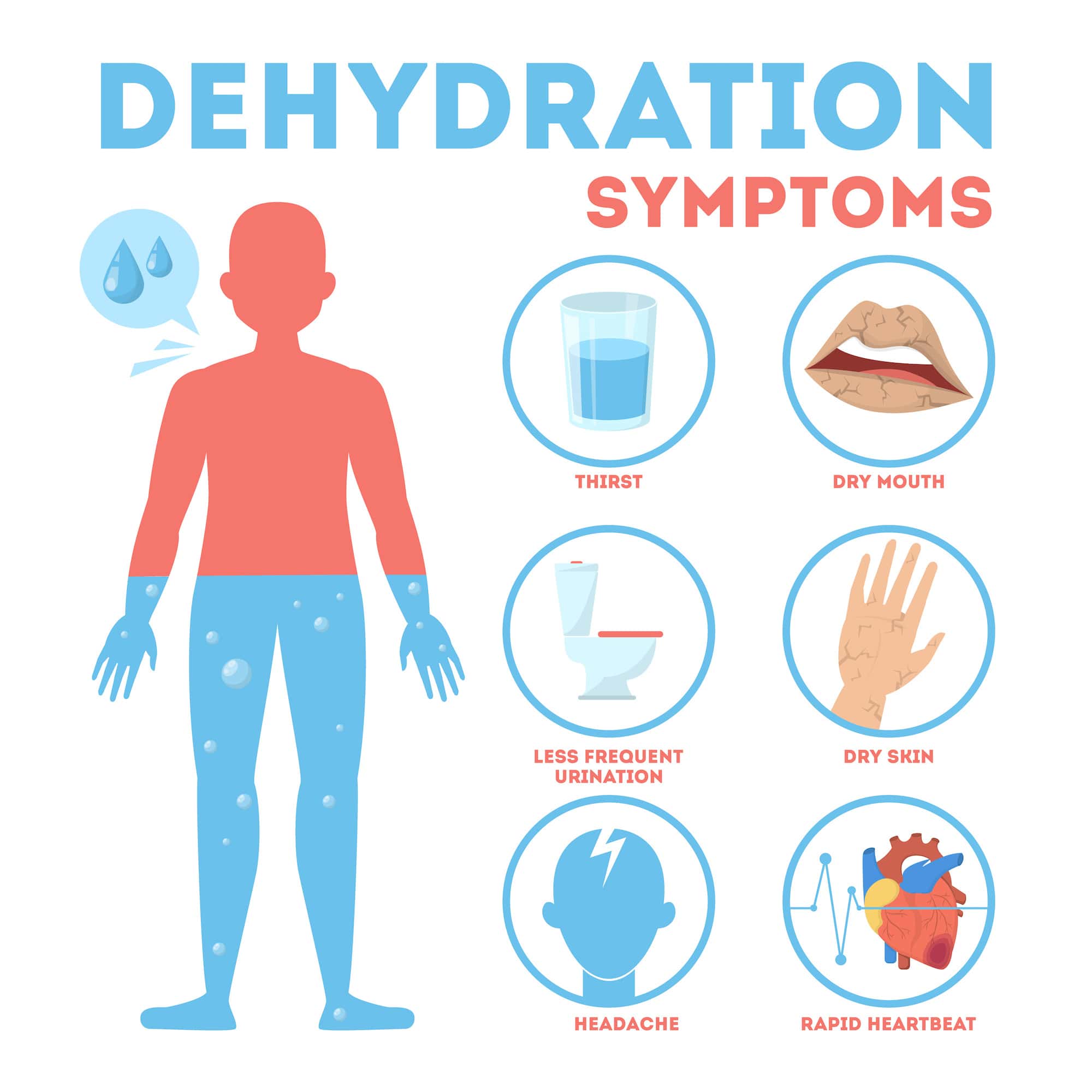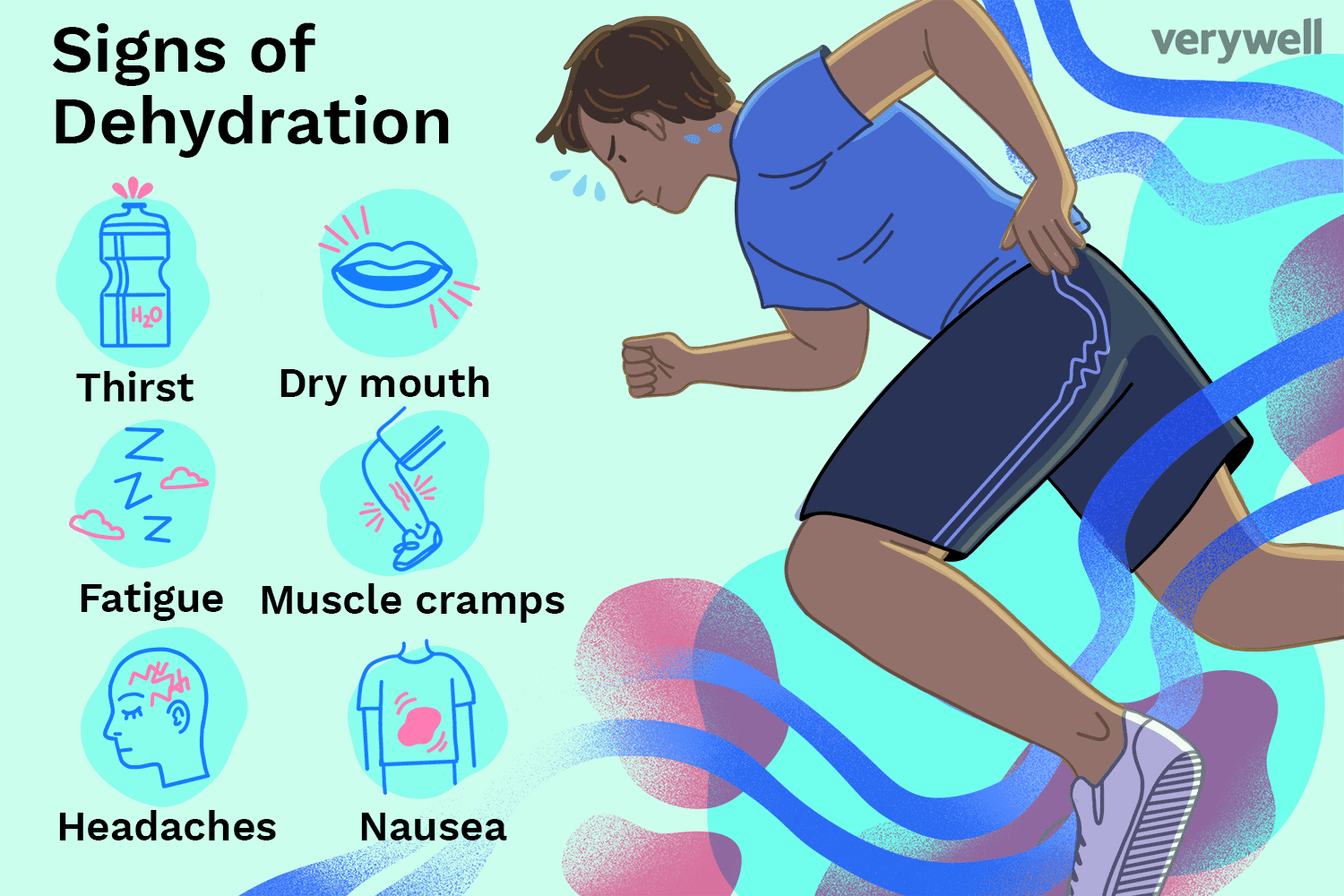
HOTTEST weight loss electrolyte offer now | Premier electrolyte formulation for fat-burning | Generating massive commissions for our affiliates EPC $3+
Wilderness survival book by Jason Knight. There is both a physical paperback version and ebook version available.
Did you know that reptiles are now more popular pets than dogs? And that pet chameleons are a booming niche that get more searches than iguanas, bearded dragons or geckos! Lots of Easy Money to be made! Tools: http://chameleoncareguide.com/affiliates.html
The only Anti-Aging Sunless Tanning offer on Clickbank Send to your health and Beauty lists for easy conversions. CPA available- send us a message @ affiliates@turbobabelifestyle.com commission bumps available for large volume affiliates.
Earn more with easydiyaquaponics.com. We have multiple 1-click upsells that convert like Bonkers! Every sale pays 75%! Sells to: Solar, energy, green. Get your affiliate material and see our EPC proof here: http://www.easydiyaquaponics.com/affiliates/
AgeShield is the best natural NAD booster in life. Experience the future of natural health – your pathway to a vibrant, active life.
Stay hydrated for a healthy body and glowing skin! Learn the importance of hydration, its benefits for your body and skin, and tips to increase water intake throughout the day. Keep dehydration at bay and improve your overall health with our expert advice.
Staying Hydrated: How to Keep Your Body and Skin Happy and Healthy
Introduction Importance Of Hydration For Overall Health And Wellbeing

Introduction Importance Of Hydration For Overall Health And Wellbeing
Staying hydrated is essential for maintaining good health and wellbeing. Our bodies are made up of around 60% water, and it plays a vital role in many bodily functions, including regulating body temperature, transporting nutrients, and removing waste products.
However, it's easy to forget to drink enough water throughout the day, and dehydration can have negative effects on both the body and skin. Dehydration can lead to fatigue, headaches, muscle cramps, and even more severe health issues. It can also cause the skin to become dry, dull, and prone to wrinkles.
In this article, we will discuss the importance of hydration and its benefits for the body and skin. We'll also provide practical tips and tricks for increasing water intake throughout the day to keep dehydration at bay and promote overall health and wellbeing.
Read more: The Ultimate Guide to Glowing Skin: Tips, Tricks, and Products for a Radiant Complexion
I. Understanding Hydration

Understanding Hydration
Hydration refers to the process of supplying the body with enough water to maintain proper bodily functions. It is essential for keeping the body healthy and functioning properly.
The amount of water an individual needs to drink per day varies depending on several factors, such as age, gender, activity level, and climate. However, a general guideline is to drink at least eight glasses of water per day, which is roughly equivalent to 2 liters or half a gallon.
It's important to note that the recommended daily water intake can vary based on individual factors. For example, athletes or individuals who engage in high levels of physical activity may require more water to replace the fluids lost through sweat. Similarly, individuals living in hot or humid climates may need to drink more water to prevent dehydration.
In general, the best way to determine how much water you need to drink per day is to pay attention to your body's thirst signals and drink water regularly throughout the day. Staying hydrated is crucial for maintaining proper bodily functions and promoting overall health and wellbeing.
II. Benefits of Hydration for the Body

benefits-of-hydration-for-the-body
Staying hydrated is crucial for maintaining overall health and wellbeing. Our body is made up of 60% water, which means that water is essential for proper organ function, digestion, and maintaining a healthy weight.
One of the benefits of staying hydrated is that it can improve physical performance. When we exercise, we sweat and lose water, which can lead to dehydration. Drinking enough water before, during, and after exercise can help maintain proper hydration levels and improve performance.
Hydration also plays a critical role in maintaining organ health. When we're dehydrated, our organs have to work harder to function correctly, which can lead to kidney stones, urinary tract infections, and other health issues.
In addition, staying hydrated aids in digestion. Drinking enough water helps to move food through the digestive system, preventing constipation and other digestive problems.
Drinking water can also help with weight loss and maintaining a healthy weight. Drinking water before meals can help reduce appetite and prevent overeating, while replacing sugary drinks with water can reduce calorie intake and promote weight loss.
To increase water intake throughout the day, consider carrying a reusable water bottle and setting reminders to drink water at regular intervals. Adding fresh fruit or herbs to water can also make it more appealing and flavorful.
Remember that adequate water intake varies based on factors such as age, gender, activity level, and climate. As a general rule, aim to drink at least eight 8-ounce glasses of water per day.
Read more: The Ultimate Guide to Exfoliation: How to Achieve Smooth, Glowing Skin
III. Benefits of Hydration for the Skin

benefits-of-hydration-for-the-skin
Dehydration can have a negative impact on the skin, leading to dryness, dullness, wrinkles, and even acne. When the skin is dehydrated, it loses its natural elasticity, which can cause it to appear saggy and aged. Fortunately, staying hydrated can help to improve skin health and appearance in many ways.
One of the primary benefits of hydration for the skin is that it helps to maintain skin elasticity. When the skin is hydrated, it is better able to stretch and return to its original shape, which can help to prevent the formation of fine lines and wrinkles. In addition, hydrated skin tends to have a more even and youthful texture and glow.
To keep the skin hydrated, it is important to drink plenty of water throughout the day. The recommended amount of water intake varies based on factors such as age, gender, activity level, and climate, but a good rule of thumb is to aim for at least eight glasses of water per day. Additionally, consuming water-rich foods such as fruits and vegetables can also help to keep the skin hydrated from the inside out.
Using a moisturizer is also important for maintaining skin hydration. Moisturizers work by trapping moisture in the skin and preventing it from evaporating. When choosing a moisturizer, it is important to consider your skin type and choose a product that is appropriate for your needs. For example, if you have oily skin, you may prefer a lightweight, oil-free moisturizer, while those with dry skin may benefit from a richer, more emollient product.
It is also important to avoid using hot water when washing your face, as this can strip the skin of its natural oils and lead to dryness. Instead, use lukewarm water and a gentle cleanser to help maintain the skin's natural moisture balance.
Overall, staying hydrated is key to maintaining healthy, radiant skin. By drinking plenty of water, using moisturizers, and avoiding hot water, you can help to keep your skin looking youthful and refreshed.
IV. Hydration and Exercise

hydration-and-exercise
Staying hydrated during exercise is crucial for optimal performance and preventing dehydration. Dehydration during exercise can lead to a decrease in physical performance, muscle cramps, and even heat stroke. Here are some tips to help you stay hydrated during exercise:
Before exercise:
Drink water 2-3 hours before exercising to ensure you are properly hydrated
If you are going to exercise for more than an hour, consider consuming an electrolyte-rich drink to replenish your body's sodium and potassium levels
During exercise:
Drink water every 15-20 minutes during exercise, especially if you are sweating excessively
Consider consuming an electrolyte-rich drink if you are exercising for more than an hour
Avoid drinks that are high in sugar or caffeine, as they can lead to dehydration
After exercise:
Drink water to replenish fluids lost during exercise
Consider consuming an electrolyte-rich drink if you have been exercising for an extended period of time or if you have been sweating heavily
By staying properly hydrated during exercise, you can improve your physical performance, prevent dehydration, and ensure that your body is functioning at its best.
V. Dehydration and its Effects

Dehydration And Its Effects
Dehydration occurs when the body loses more fluids than it takes in. This can happen due to various reasons such as intense physical activity, high temperatures, illness, or simply not drinking enough water.
The symptoms of dehydration include thirst, dry mouth, headache, dizziness, and fatigue. If left untreated, it can lead to more serious conditions such as kidney stones, heat exhaustion, and heatstroke.
In addition to affecting the body, dehydration can also have negative effects on the skin. When the skin lacks sufficient moisture, it can become dry, flaky, and dull. Dehydration can also lead to an increase in oil production, which can result in acne breakouts.
To prevent dehydration, it's important to drink enough water throughout the day. The amount of water an individual needs can vary based on factors such as age, gender, activity level, and climate. However, a general guideline is to drink at least 8 glasses (64 ounces) of water per day.
It's also important to pay attention to the symptoms of dehydration and take action immediately if they occur. This may include drinking water or electrolyte-rich drinks, taking breaks in cool, shaded areas, and avoiding strenuous activities during high-temperature periods.
By staying hydrated, both the body and skin can function properly and stay healthy.
Conclusion

the-importance-of-hydration-tips-for-keeping-your-body-and-skin-healthy
Staying hydrated is crucial for maintaining overall health and wellbeing. Water is essential for various bodily functions, such as regulating body temperature, aiding in digestion, and maintaining organ health. However, dehydration can negatively affect the body and skin, causing dryness, wrinkles, and even acne. In this article, we will discuss the importance of hydration, the benefits of hydration for the body and skin, and offer tips on how to stay hydrated throughout the day.
Staying hydrated is essential for maintaining overall health and improving the appearance of the skin. Small changes such as carrying a water bottle with you, consuming water-rich foods, and avoiding hot water can all contribute to maintaining hydration. Encourage readers to prioritize hydration in their daily routine and offer additional resources for further reading.
References:
Popkin BM, D'Anci KE, Rosenberg IH. Water, hydration, and health. Nutr Rev. 2010 Aug;68(8):439-58.
Palma L, Marques LT, Bujan J, Rodrigues LM. Dietary water affects human skin hydration and biomechanics. Clin Cosmet Investig Dermatol. 2015 Jul 15;8:413-21.
https://www.ncbi.nlm.nih.gov/pmc/articles/PMC4529263/Maughan RJ, Shirreffs SM. Dehydration and rehydration in competative sport. Scand J Med Sci Sports. 2010 Oct;20 Suppl 3:40-7.






